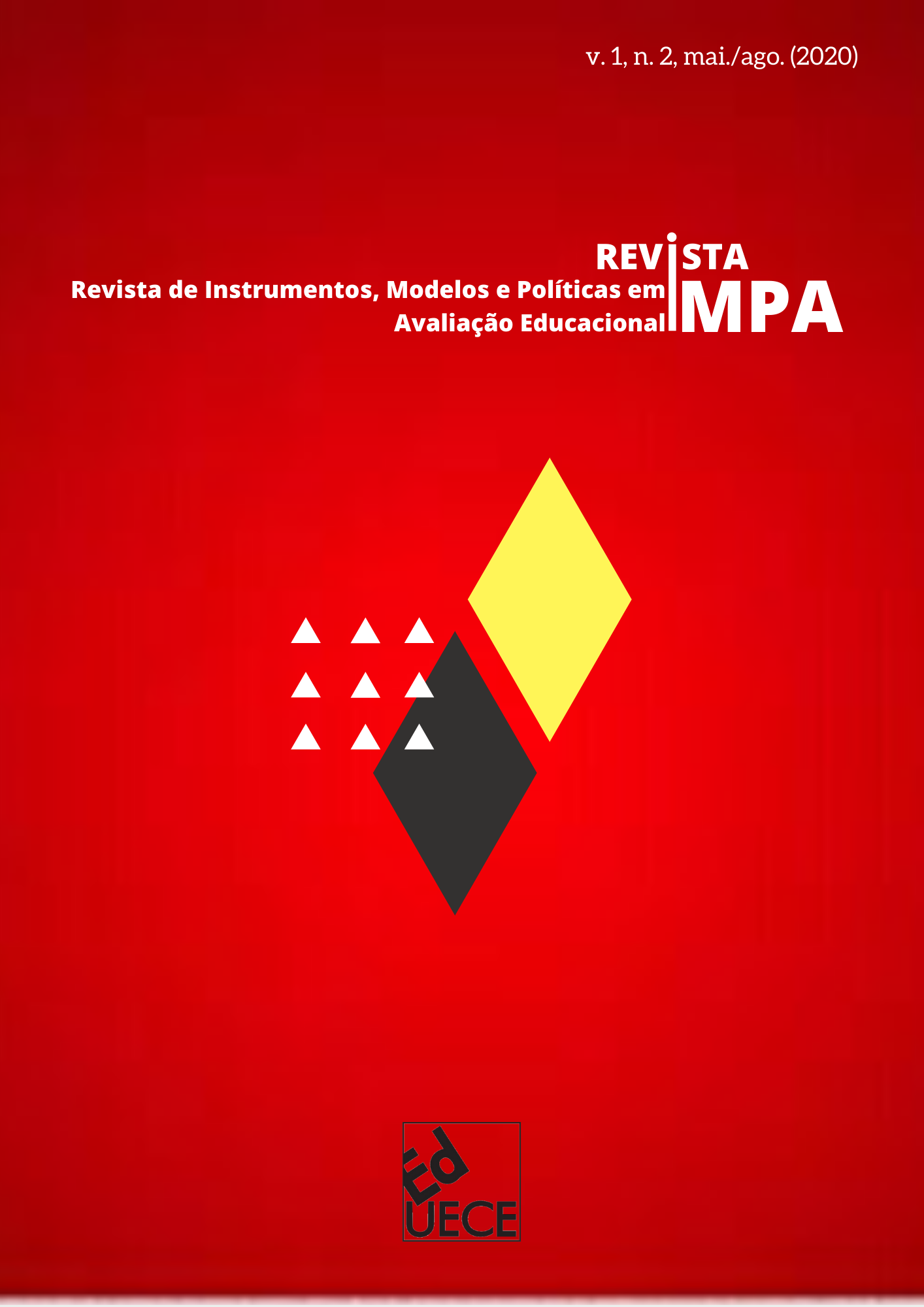The evaluation class: an analysis in the light of historical-critical pedagogy
DOI:
https://doi.org/10.51281/impa.e020009Keywords:
Teaching, Teaching Evaluation, Critical Historical Pedagogy, Activity TheoryAbstract
This text seeks to analyze the classroom as an indispensable component of teaching which requires evaluation as one of the aspects to qualify school education in the basic education. It is a theoretical essay that qualitatively analyzes the object mentioned in the light of historical-critical pedagogy and also assumptions of historical-cultural psychology that make it possible to observe the phenomenon with the theoretical premises of promoting the maximum development of human potential, which understand that the school education can contribute effectively, through intentional, systematic teaching, since it understands the school as an agent of transformation of human beings, especially those of the children of workers. In this sense, discussing central elements and the potential that a class has become central to the discussion presented.




